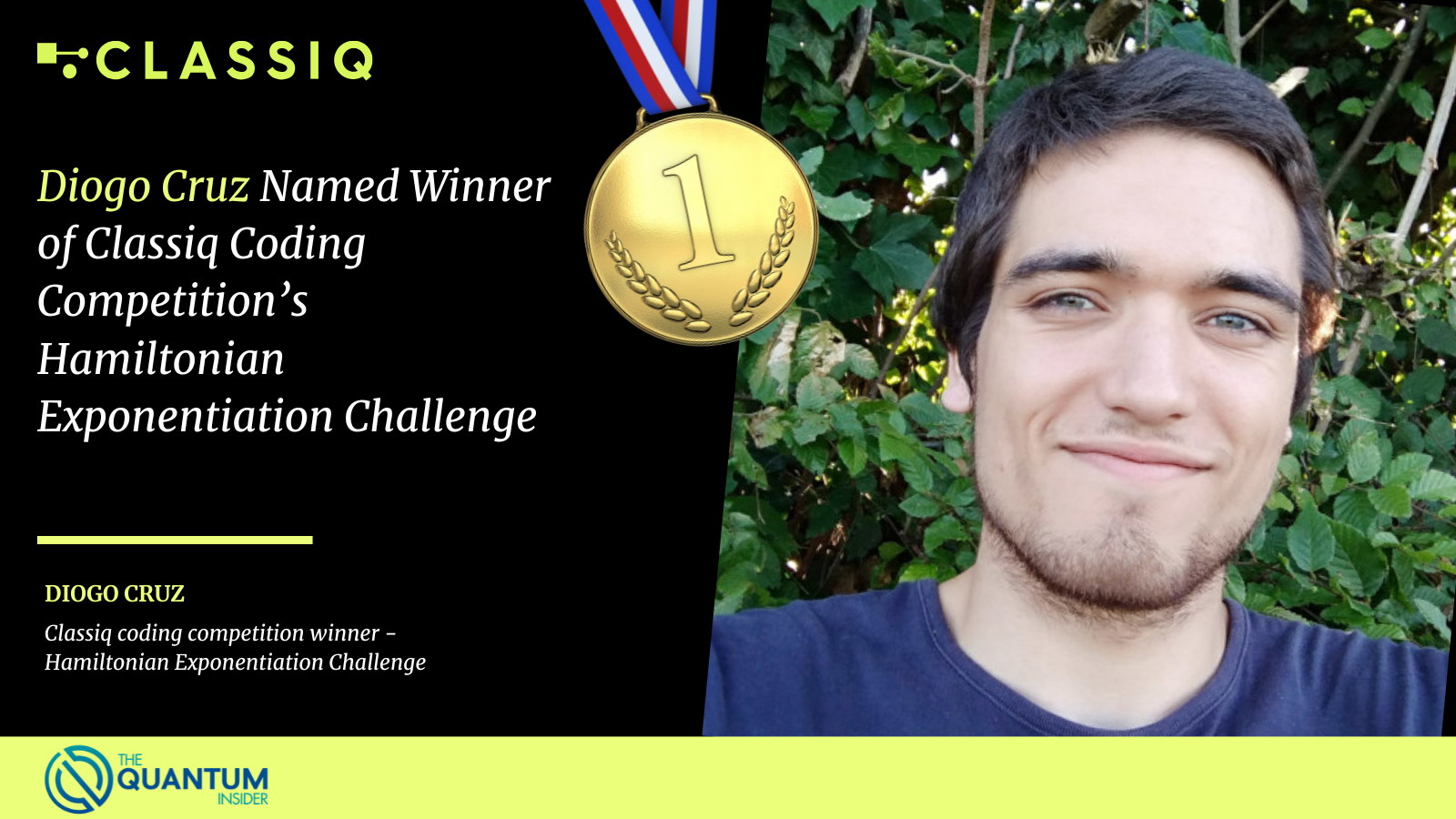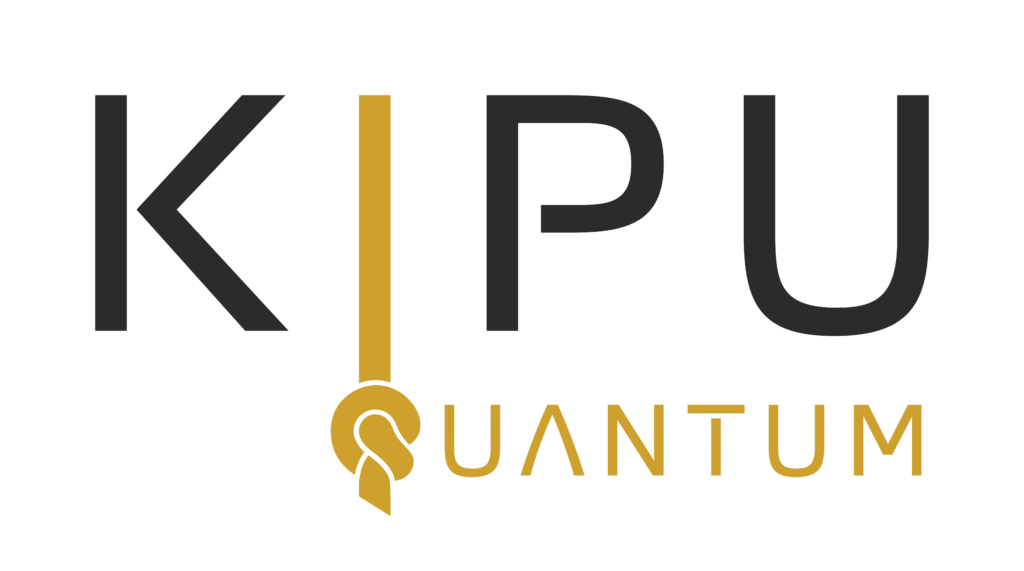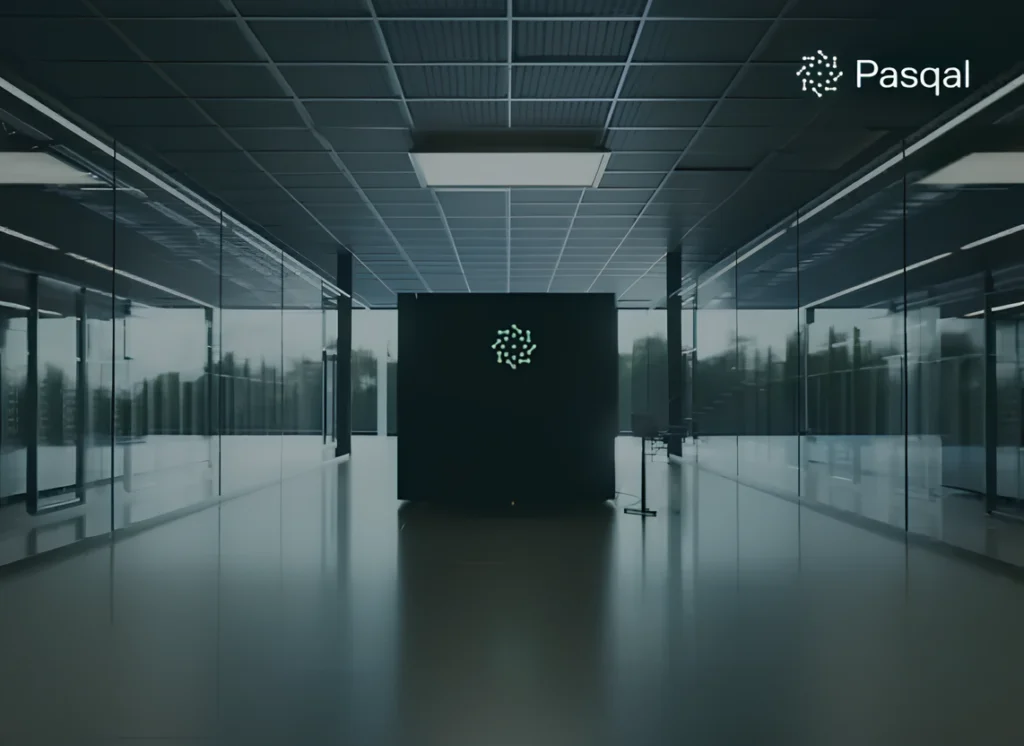The winner of the Classiq Coding Competition for the Hamiltonian Exponentiation challenge was awarded to Diogo Cruz, a doctoral student in Portugal.
The Hamiltonian Simulation problem describes the evolution of quantum systems, such as molecules and solid-state systems, by solving the Schrodinger equation. Quantum computers enable the simulation in a scalable manner, providing a new path for material discovery.
Cruz, a second-year doctoral student doing research on quantum computing, at Instituto Superior Técnico, the University of Lisbon, Portugal, was awarded the gold medal for a solution to the challenge on how to generate a circuit to approximate the unitary exponentiation of the qubit Hamiltonian of a lithium hydride – or LiH – molecule.
Cruz estimated he has three years of experience. The possibility of using quantum computers to solve big real-world problems – along with the considerable scientific possibilities that await quantum computing researchers and developers – drew him to the field.

“I originally learned to create quantum circuits in an introductory university course, and by using Qiskit,” Cruz said. “I’m studying quantum computing because I believe it will have vast real-world use cases in the future. There is still a lot to discover and develop, and I feel like I can meaningfully contribute in this area, given my physics background.”
Cruz found the contest a unique scientific challenge.
“I was surprised that many of the clever optimizations based on solving Minimum Clique Cover, Set Cover, and Traveling Salesman problems – some already presented at https://arxiv.org/abs/2001.05983, others thought up by me – ended up resulting in only marginal improvements,” Cruz said. “Moreover, given the stochastic nature of these clever optimizations, getting such good results might even require choosing the best result after a few runs.”
The solution offers a glimpse into real-world use cases, according to Cruz.
“In the end, the result I presented, with depth 892, is not very far from that obtained by only discarding the low coefficient terms and using Qiskit and pyZX optimizations, resulting in depth 924,” said Cruz. “This latter result even saves almost 100 CNOTs – from my tests. Although the important part for the challenge was the depth and not the CNOT count, that would still be relevant for a real-world use case.”
Cruz estimated he spent 50 to 60 hours working on the challenge, most of that time was working on potential solutions that failed to work in the end.
The Classiq Coding Challenge offers other advantages for the field.
“These challenges seem like an interesting way to publicize the field,” said Cruz.
If you found this article to be informative, you can explore more currentquantum news here, exclusives, interviews, and podcasts.














